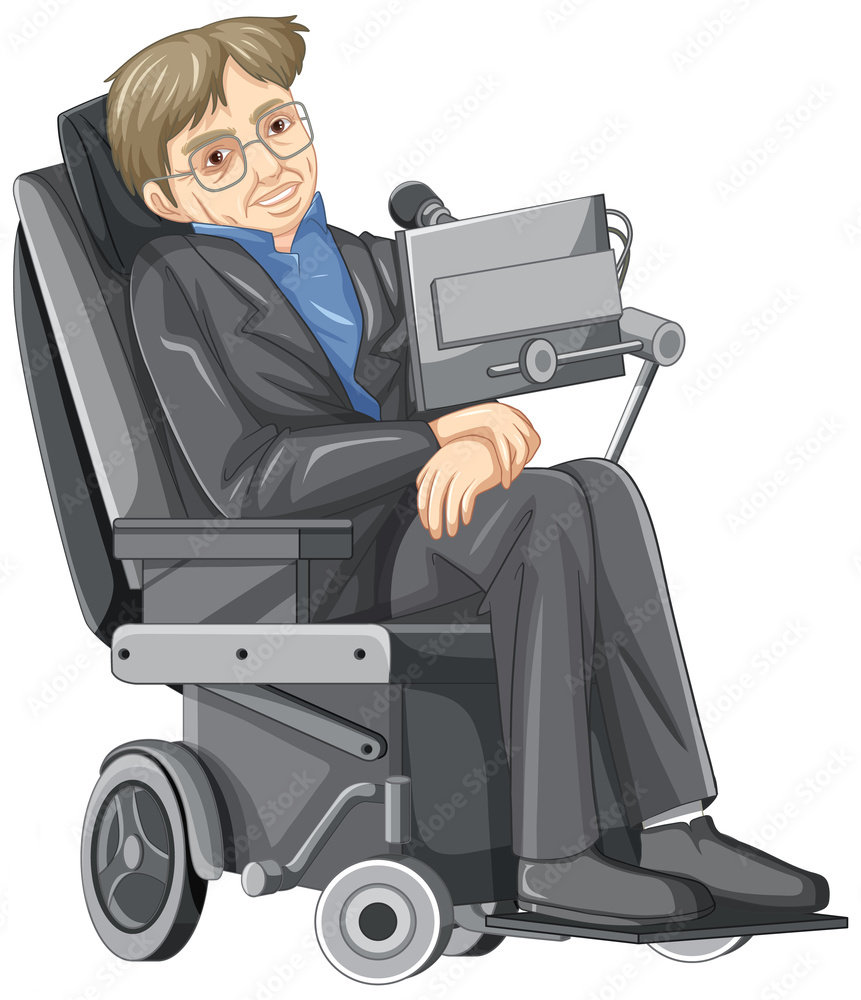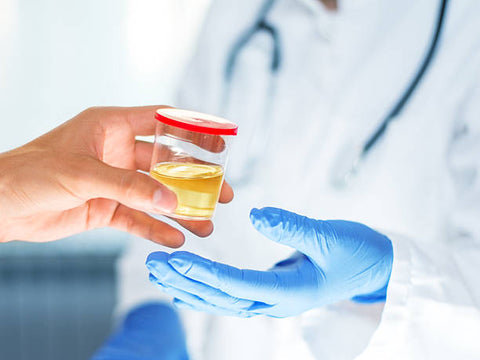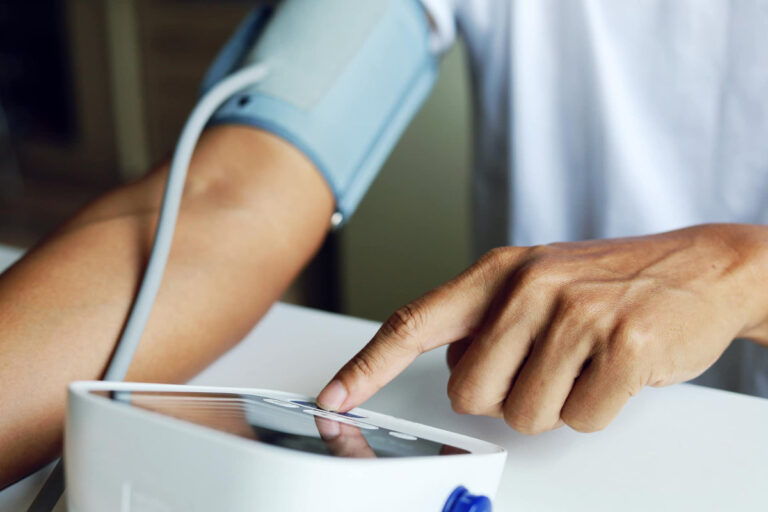Did Stephen Hawking Take Smart Drugs?
Stephen Hawking was one of the most brilliant scientists of our time. He lived with motor neurone disease (MND) for decades, far longer than most people with the condition. Because of his exceptional intellect and long survival, rumors began to circulate online that he had used so-called “smart drugs” to boost his brain power. These claims were false, but they spread widely through misleading advertisements.
The Origins of the Smart Drug Myth
False Claims and Fake Endorsements
While Hawking was alive, advertisements for supplements such as Synagen IQ falsely claimed he used them. Some included fabricated interviews, such as one with Anderson Cooper, that never took place. Others even misspelled his name as “Steven Hawkings.” These tactics were designed to mislead consumers by associating products with a respected scientist.
How the Myth Spread Online
The story gained traction through fake news sites, doctored images, and false celebrity endorsements. Hawking’s global reputation as a brilliant physicist made him an attractive target for marketers looking to boost sales of unproven pills.
What Smart Drugs Really Are
Smart drugs, also known as nootropics, are substances promoted as cognitive enhancers. They include both prescription medications and over-the-counter supplements.
- Prescription examples: modafinil, methylphenidate, and amphetamine salts, often used for conditions like attention-deficit hyperactivity disorder (ADHD) or narcolepsy (Esposito et al., 2021).
- Over-the-counter examples: herbal or nutritional supplements such as ginseng or guarana (Malík & Tlustoš, 2022).
Evidence for these drugs in healthy people is mixed. Some may help with wakefulness or short-term attention, but improvements are often small, inconsistent, or linked to placebo effects (Schifano et al., 2022). Long-term benefits have not been proven.
Stephen Hawking’s Real Approach
According to a report in the BMJ (Dobson, 2002), Hawking attributed his unusual course of MND to possible vitamin absorption issues. He took vitamin and mineral supplements such as zinc, cod liver oil, folic acid, vitamin B complex, vitamin C, and vitamin E. He also followed a special diet. These were basic nutritional choices, not cognitive enhancers.
Hawking himself acknowledged that his disease may have had biological differences compared to typical cases. His survival was extraordinary, but there is no evidence linking it to smart drugs.
Why People Believed the Claims
The Appeal of Cognitive Enhancers
The idea of a pill that can make you smarter is attractive. Surveys show that between 5 and 35 percent of students have tried prescription stimulants or other substances to study longer or concentrate better (Esposito et al., 2021).
The Role of Misleading Advertising
Celebrity names and fake endorsements make products appear credible. For many, the association with Stephen Hawking was enough to create trust, even without evidence.
Risks of Smart Drug Scams
- Financial risks: Many scams included hidden charges, such as recurring monthly billing after a so-called free trial.
- Health risks: Reported side effects of commonly misused stimulants include insomnia, irritability, heart strain, and psychiatric complications (Schifano et al., 2022).
- Lack of evidence: While some nootropics show limited benefits in specific medical conditions, their long-term safety and effectiveness in healthy people are unclear (Malík & Tlustoš, 2022).
The U.S. Federal Trade Commission (FTC) has fined and shut down multiple companies for deceptive advertising. Despite this, new versions of these scams continue to appear.
Protecting Yourself from Similar Scams
- Be cautious of advertisements claiming to have celebrity endorsements.
- Check if a product has been approved by trusted regulators.
- Research peer-reviewed studies before considering supplements.
- Report suspected scams to agencies such as the FTC.
Conclusion
Stephen Hawking’s achievements were the result of his intellect, education, and perseverance. Claims linking him to smart drugs are fabrications created to sell unproven supplements. Scientific research shows that smart drugs provide little to no benefit for healthy individuals and can carry risks. Hawking’s story should remind us that misinformation can spread easily, especially when tied to famous names.
FAQ
Did Stephen Hawking use smart drugs?
No. There is no evidence that Stephen Hawking ever used or endorsed smart drugs. Reports connecting him to products like Synagen IQ were fabricated.
What supplements did Stephen Hawking actually take?
According to a BMJ report, he took basic vitamins and minerals such as zinc, cod liver oil, vitamin C, and vitamin E as part of his diet (Dobson, 2002).
Do smart drugs really work?
Evidence is limited. Some prescription stimulants may temporarily improve attention or wakefulness, but long-term benefits in healthy people are unproven (Schifano et al., 2022; Esposito et al., 2021).
Are smart drugs safe?
Many carry risks such as insomnia, anxiety, or cardiovascular strain. The long-term safety of nootropics in healthy individuals is not well established (Malík & Tlustoš, 2022).
References
- Schifano, F., Catalani, V., Sharif, S., Napoletano, F., Corkery, J. M., Arillotta, D., Fergus, S., Vento, A., & Guirguis, A. (2022). Benefits and harms of “smart drugs” (nootropics) in healthy individuals. Drugs, 82(6), 633–647. https://doi.org/10.1007/s40265-022-01701-7
- Malík, M., & Tlustoš, P. (2022). Nootropics as cognitive enhancers: Types, dosage and side effects of smart drugs. Nutrients, 14(16), 3367. https://doi.org/10.3390/nu14163367
- Esposito, M., Cocimano, G., Ministrieri, F., Rosi, G. L., Di Nunno, N., Messina, G., Sessa, F., & Salerno, M. (2021). Smart drugs and neuroenhancement: What do we know? Frontiers in Bioscience (Landmark Edition), 26(8), 347–359. https://doi.org/10.52586/4948
- Dobson, R. (2002). An exceptional man. BMJ, 324(7352), 1478. https://doi.org/10.1136/bmj.324.7352.1478








